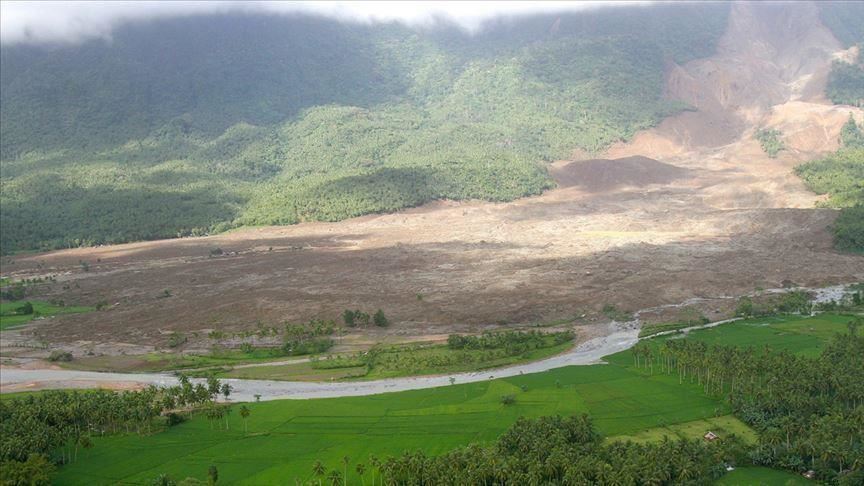
KAMPALA, Uganda
The largest water and sanitation sector gathering in Africa ended Thursday in Uganda with a call for governments to invest in climate-resilient water systems and irrigation to reduce vulnerability to climate change.
African Water Association (AfWA) Program Director Dr. Simeon Kenfack said as governments implement ambitious national climate action plans and strategies, they must show the world that Africa is able to work as a family to address risks of climate impacts using existing knowledge and solutions.
“Already, an increasing but fragmented knowledge base exists in Africa. Africa’s youth are climate-educated, engaged and eager to drive development across the continent,” he said.
He said that AfriAlliance, a climate change project between Africa and Europe to support African stakeholders, is forging partnerships necessary to accelerate universal access to water and sanitation in Africa.
Uganda’s Water Minister Ronald Kibuule said with rapid urbanization in Africa, there is high per capita water consumption and demand continues to climb, adding that the risk of water shortage remains because water crisis is partially climate induced.
“Everyone needs to become water wise alongside water-saving initiatives we are putting in place. We believe the water crisis is solvable. By working together, we can take one step closer to a world free from water crisis,” he said.
Many African countries have extremely high water risk, with one in every three people in Africa facing water scarcity, according to the World Resources Institute.
Sub-Saharan Africa, where some of the world’s poorest live is hardest-hit by the water crisis, with 90% of the rural population depending on agriculture as the main source of income and more than 95% of arable farming relies on rainfall.
Rising temperatures and unpredictable rainfall caused by climate change have lowered crop yields. It is poor communities that often face greater exposure to climate hazards, because they have fewer resources to cope.
Ugandan President Yoweri Museveni said management of water sources is a challenge.
"We must protect the wetlands and recover those that have been encroached on. Wetlands play a huge role in providing safe, clean and regular water flows, reduce soil erosion and help keep water free of sediment,” he said.
He proposed 500 meters of lake shores should be covered with vegetation, while for rivers, all farming activities should start at least 50 meters from the banks.
Anadolu Agency website contains only a portion of the news stories offered to subscribers in the AA News Broadcasting System (HAS), and in summarized form. Please contact us for subscription options.








